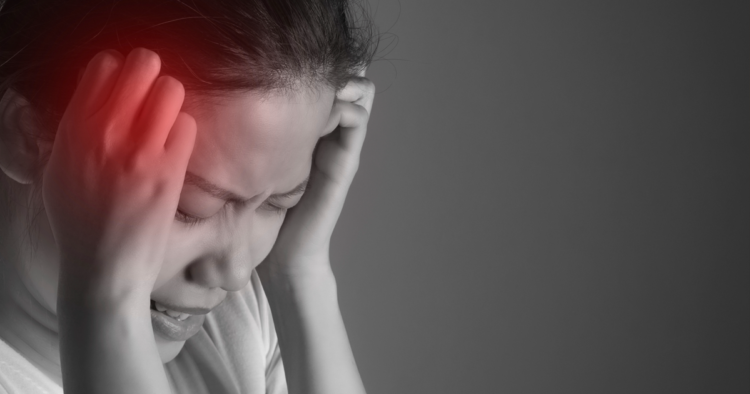Autism and early oxygen deprivation 2
I received a wonderful comment about the hypothesis that early umbilical cord clamping might contribute to the risk of origin of autism from a wonderful former colleague, Dr. David Blake, a researcher in the Department of Neurology at the Medical College of Georgia. His observations: Fraternal twins typically have different placentas, whereas identical twins share…

